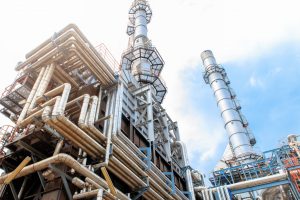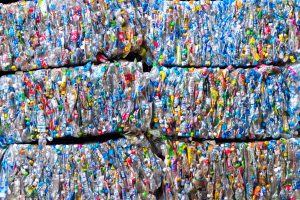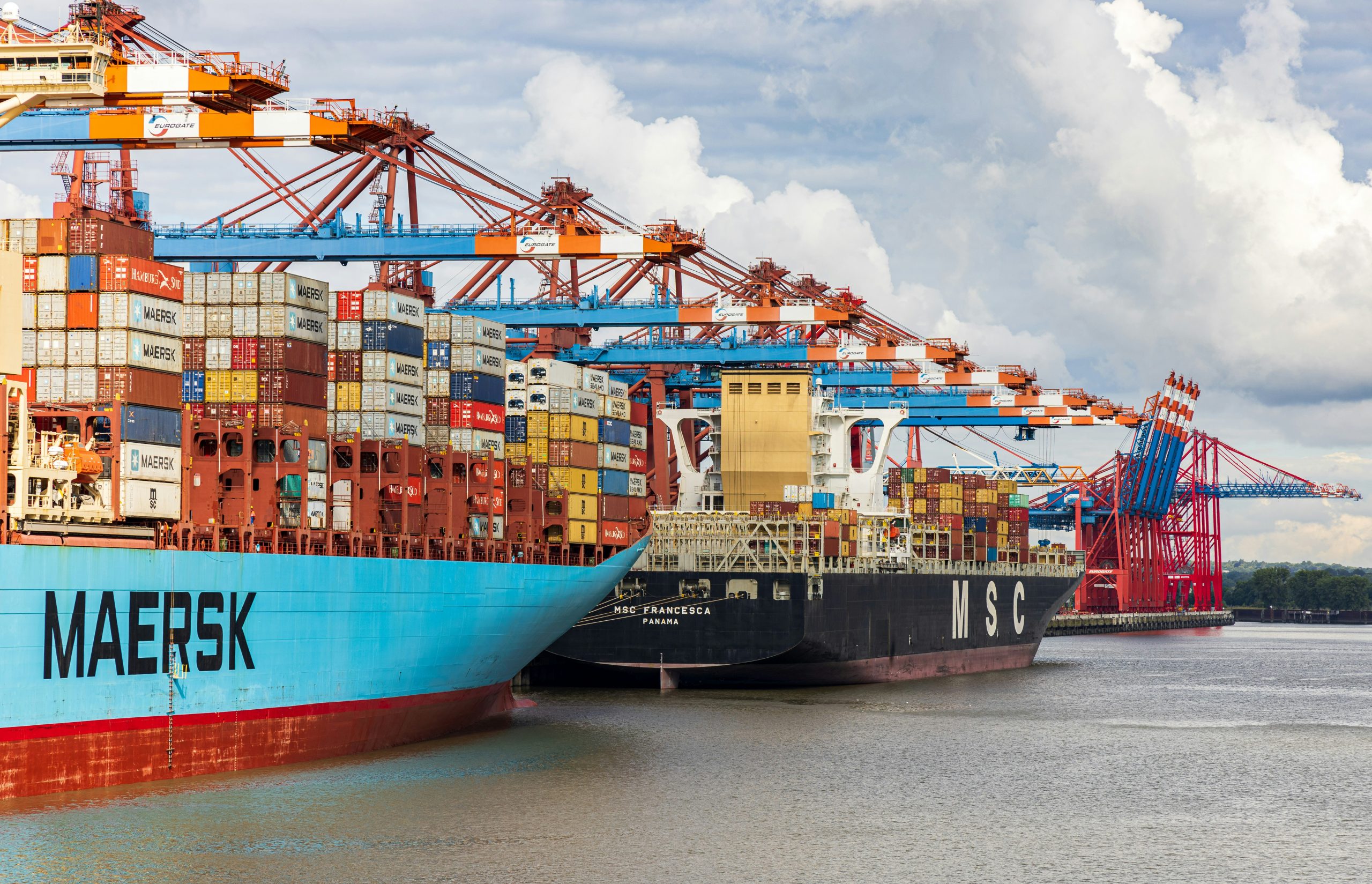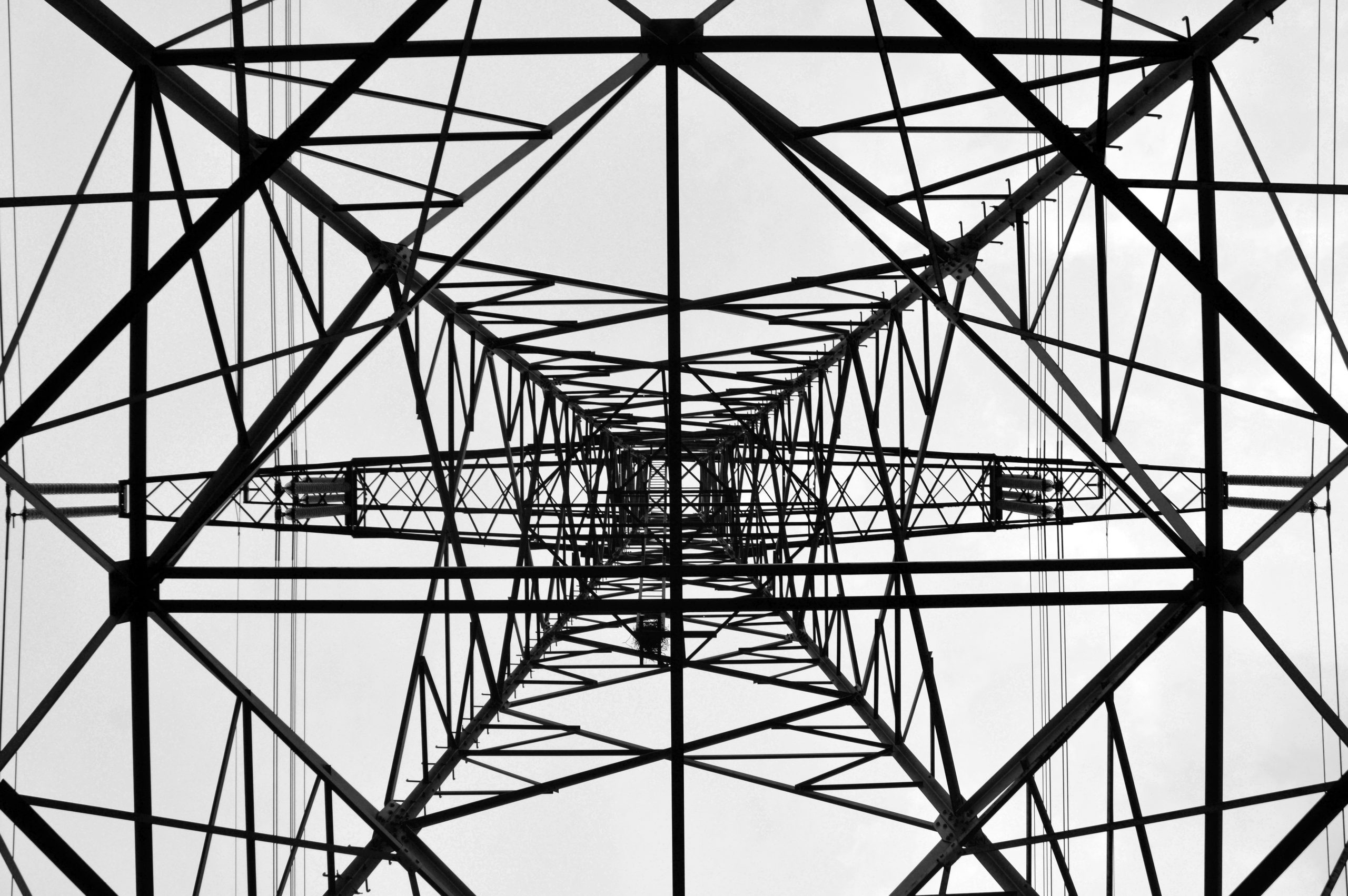Reducing uncertainties in greenhouse gas emissions from chemical production
Uncertainties in greenhouse gas emissions estimates for petrochemical production have lacked quantification globally, impacting emissions reporting and decarbonization policymaking. Here we analyze cradle-to-gate emissions of 81 chemicals at 37,000 facilities worldwide, assessing 6 uncertainty sources.
The results estimate a 34% uncertainty in total global emissions of 1.9 ± 0.6 Gt of CO2-equivalent emissions for 2020, and 15–40% uncertainties across most petrochemicals analyzed. The largest uncertainties stem from the inability to assign specific production processes to facilities owing to data limitations. Uncertain data on feedstock production and off-site energy generation contribute substantially, while on-site fuel combustion and chemical reactions have smaller roles. Allocation method choices for co-products are generally insignificant.
Prioritizing facility-level process specification in data collection for just 20% of facilities could reduce global uncertainty by 80%. This underscores the necessity of quantifying uncertainty in petrochemical greenhouse gas emissions globally and outlines priorities for improved reporting. The dataset generated offers independent emissions factor estimates based on facility-specific information for 81 chemicals, supporting future analyses.
Click here to read the full paper by Luke Cullen, Fanran Meng, Rick Lupton & Jonathan M. Cullen published in Nature Chemical Engineering on March 26, 2024.
DOI: https://doi.org/10.1038/s44286-024-00047-z
Image: Christopher Burns on Unsplash






